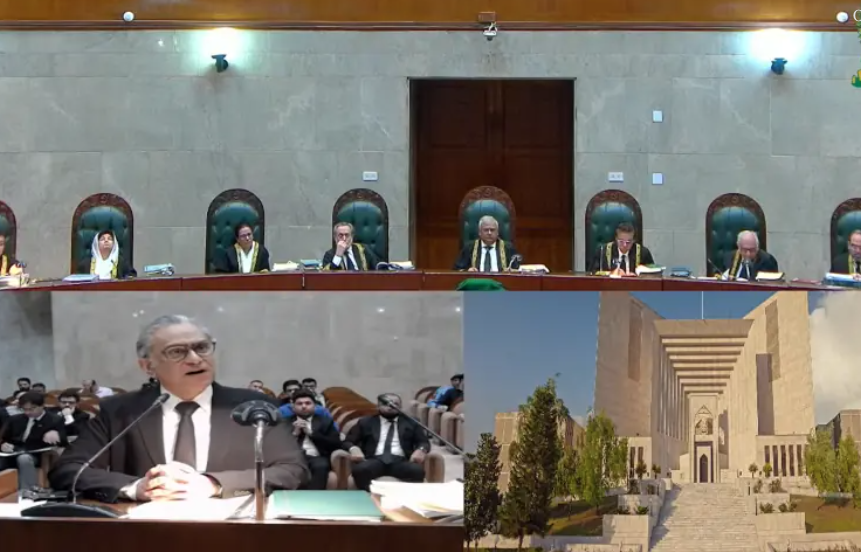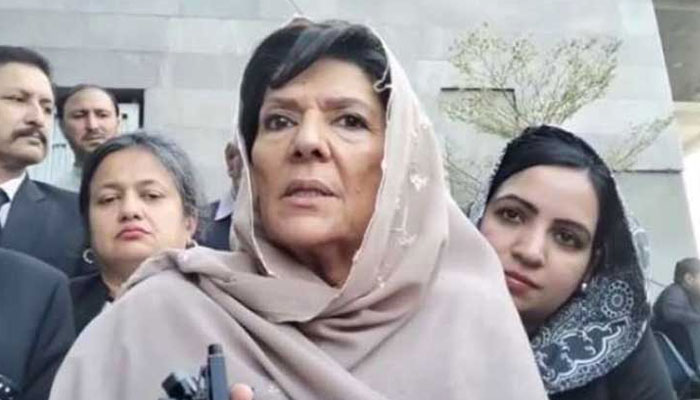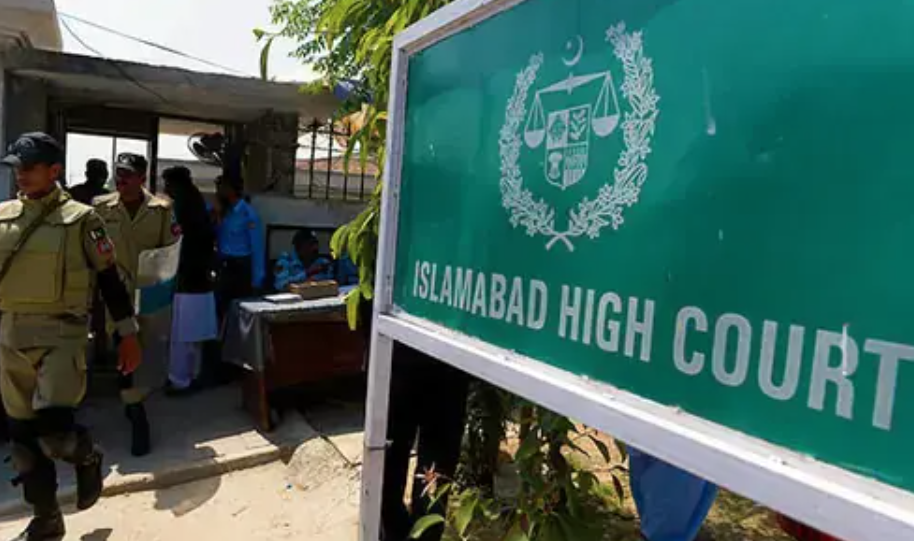LEGAL

Justice Ayesha Malik remarked on Wednesday that there was no constitutional restriction preventing a full Supreme Court from hearing a case fixed before the Constitutional Bench (CB) under Article 191A, which was introduced through the 26th Constitutional Amendment.
Her remarks came as an eight-member bench, led by Justice Aminuddin Khan, resumed hearing more than three dozen petitions challenging the 26th Amendment — a law that significantly restructured judicial powers and the tenure of the Chief Justice of Pakistan (CJP).
The amendment, passed in a controversial overnight parliamentary session in October last year, has remained at the center of legal and political debate. It curtailed the Supreme Court’s suo motu powers, limited the CJP’s term to three years, empowered a Special Parliamentary Committee to appoint the CJP from among the three most senior judges, and created Constitutional Benches for cases of constitutional interpretation.
Opposition parties and several bar councils have challenged the amendment, alleging it undermines judicial independence.
⚖️ Court Proceedings
During the hearing, Advocate Khwaja Ahmad Hosain, representing veteran politician Afrasiab Khattak, argued that the case should be heard by a “different independent bench” rather than the Constitutional Bench formed under Article 191A.
Justice Jamal Mandokhail asked whether the lawyer did not trust the current bench, to which Hosain clarified that he believed the “original full court” — meaning all sitting Supreme Court judges — should hear the case to ensure impartiality.
Justice Ayesha Malik directed the counsel to read Article 191A alongside Clause 3, noting that while it outlines which jurisdictions the Constitutional Bench will exercise, “it does not create an ouster clause.”
“For some reason, we keep reading this as an exclusion — it simply says no other bench will do it. But where is the bar? It only defines jurisdiction; it doesn’t restrict the Supreme Court itself,” Justice Ayesha remarked.
She emphasized that Article 191A is procedural, restricting benches but not the Supreme Court as an institution.
Justice Muhammad Ali Mazhar agreed with Hosain’s contention that a 16-member full court would be a regular bench, not a constitutional one.
Hosain argued that the CB was not barred from referring the matter to a full court, saying, “Your lordships have the power. Please do not underestimate your power.”
🏛️ Request for Full Court
Several petitioners — including Hamid Khan (LHCBA), Munir A. Malik (BHCBA), Barrister Salahuddin Ahmed, and Abid Shahid Zuberi — have requested that the 26th Amendment case be heard by a 16-member full court, reflecting the number of judges serving when the law was enacted in October 2024.
The bench, which includes Justices Ayesha Malik, Mazhar, Mandokhail, Hasan Azhar Rizvi, Musarrat Hilali, Naeem Afghan, and Shahid Bilal Hassan, is deliberating whether it has the authority to order the formation of a full court.
The hearings are being live-streamed on the Supreme Court’s YouTube channel since October 8, following the petitioners’ request for transparency.
⚖️ Background of the 26th Amendment
The 26th Constitutional Amendment has drawn widespread criticism from the legal community. Petitioners argue it violates the independence of the judiciary, a salient feature of Pakistan’s Constitution, and that it was passed improperly, alleging coercion and procedural lapses in Parliament.
Key provisions under challenge include:
· Annual performance evaluations of high court judges by the Judicial Commission of Pakistan (JCP).
· The revised procedure for appointing the Chief Justice.
· The establishment of Constitutional Benches in the Supreme Court and High Courts.
Petitioners have also asked the court to invalidate the Practice and Procedure Act 2024 and the Supreme Court (Number of Judges) Act 2024, claiming they flow from an “unconstitutional amendment.”
The hearing will resume on Thursday at 11:30am, with further arguments expected on whether the Constitutional Bench can refer the case to a full court.




